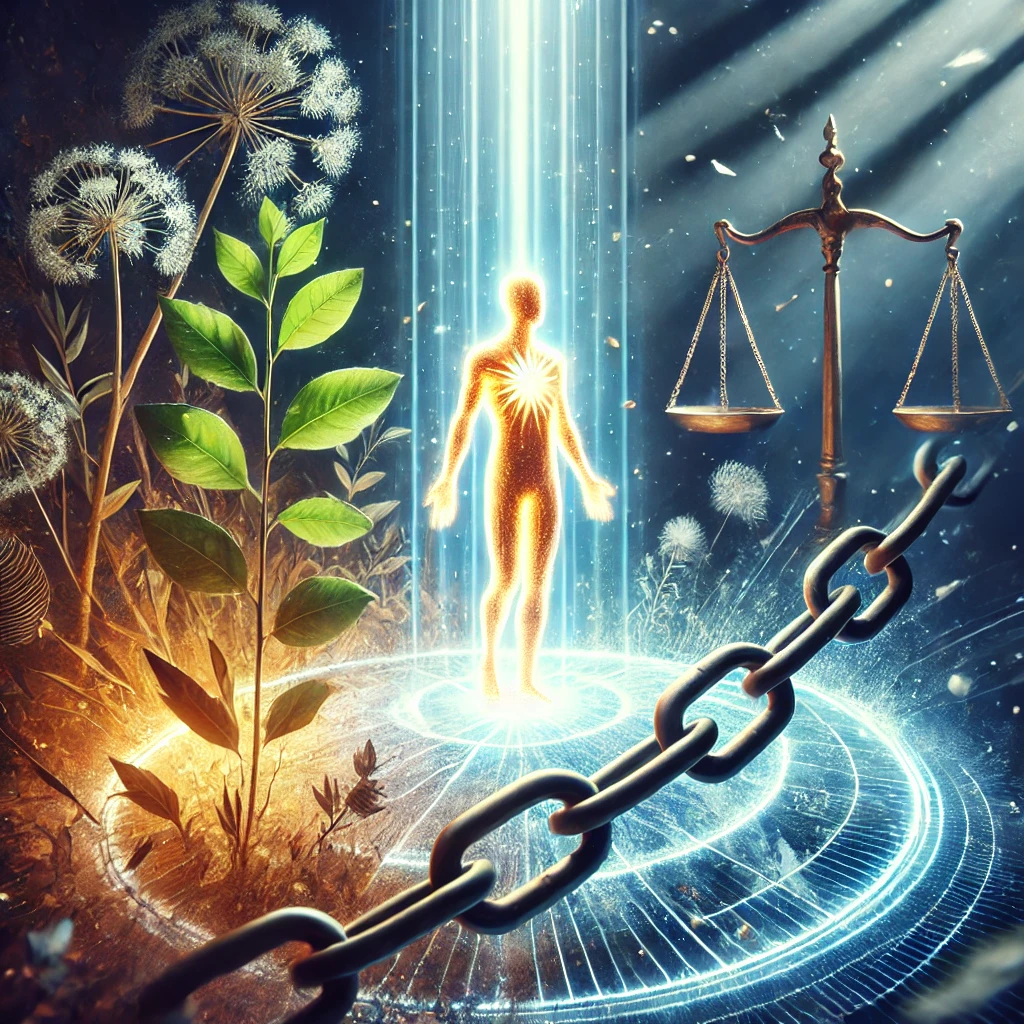
The Right to Life and the Death Penalty: Exploring the Conflict Between Capital Punishment and Human Dignity
**The Right to Life and Human Dignity**
The right to life is one of the universal human rights. The rights are enshrined in documents such as the Universal Declaration of Human Rights (UDHR) and the International Covenant on Civil and Political Rights (ICCPR), emphasizing the inviolability of the right. The UDHR Article 3 says, “Everyone has the right to life, liberty, and security of person.” Accompanying this principle is the theory of human dignity, which argues that each person possesses a value that should be upheld and guarded. The preamble of the UDHR emphasizes this by declaring “the inherent dignity and. the equal and inalienable rights of all members of the human family.”
For any queries or to publish an article or post or advertisement on our platform, do call at +91 6377460764 or email us at contact@legalmaestros.com.
**Capital Punishment: A Contradiction?**
Capital punishment embodies a violation of human life on purpose by the state. The action brings up serious moral issues about whether it is in harmony with the right to life and human dignity. Critics argue that when the state executes a person, it not only takes away the life but also the dignity inherent in the person. Robert Johnson, in his book “Reflections on the Death Penalty: Human Rights, Human Dignity, and Dehumanization in the Death House,” believes that the death penalty is, by its very nature, dehumanizing and violates human dignity. ([digitalcommons.law.seattleu.edu](https://digitalcommons.law.seattleu.edu/cgi/viewcontent.cgi?article=1754&context=sjsj&utm_source=chatgpt.com))
**Legal Perspectives and Case Studies**
For any queries or to publish an article or post or advertisement on our platform, do call at +91 6377460764 or email us at contact@legalmaestros.com.
Different legal systems have struggled to balance capital punishment and human rights. A great case in point is *S v Makwanyane* in South Africa. In 1995, the Constitutional Court declared the death penalty unconstitutional since it violated both rights to life and dignity. The court mentioned that capital punishment “annihilates human dignity. elements of arbitrariness are present in its enforcement and it is irremediable.” ([en.wikipedia.org](https://en.wikipedia.org/wiki/S_v_Makwanyane?utm_source=chatgpt.com))
It remains a contentious issue in the United States. Even though the U.S. Supreme Court has consistently ruled that the death penalty is constitutional in specific contexts, debate continues regarding its use and likelihood of violating the Eighth Amendment prohibition against cruel and unusual punishment. Recent cases, such as the botched execution of Kenneth Smith in Alabama, where a new method involving nitrogen gas led to prolonged suffering, have intensified discussions about the humanity and ethics of execution methods. ([thesun.co.uk](https://www.thesun.co.uk/news/32670443/nitrogen-gas-execution-kenneth-smith-anniversary-alabama/?utm_source=chatgpt.com))
**Philosophical and Ethical Considerations**
For any queries or to publish an article or post or advertisement on our platform, do call at +91 6377460764 or email us at contact@legalmaestros.com.
Beyond legal arguments, the death penalty raises major philosophical questions. Is it morally justifiable for the state to take a life, even in response to heinous crimes? Justifications of retribution and deterrence are often used by proponents. Opponents, however, counter that retribution perpetuates the cycle of violence and that the evidence for deterrence is too flimsy. Furthermore, since execution is irreversible, wrongful convictions can lead to the death of innocent individuals, a serious miscarriage of justice that violates the right to life irreparably.
**Global Trends and Human Rights Advocacy**
Globally, the abolition trend of the death penalty is notable. Amnesty International has reported that in 2021, a total of 108 countries abolished the death penalty for all crimes. This further consolidates that consensus on such abolition as the death penalty does not align with the modern standard of human rights. Human rights defenders claim life imprisonment without the possibility of parole is a better humane and reversible sentence that also preserves the dignity of the person yet safeguards the community.
For any queries or to publish an article or post or advertisement on our platform, do call at +91 6377460764 or email us at contact@legalmaestros.com.
**Conclusion**
Such fundamental questions as human dignity, justice, and the role of the state in meting out punishment frame the struggle between the right to life and the death penalty. While opinion naturally differs, the irreversible and indeed dehumanizing character of capital punishment provides important reasons why it has to be reviewed in all societies committed to human rights and the intrinsic value of all persons.






![JOB POST: Junior Associate at ASM Law Chambers, Jaipur [Freshers]](https://legalmaestros.com/wp-content/uploads/2025/11/Gemini_Generated_Image_8wrxer8wrxer8wrx-768x708.png)
